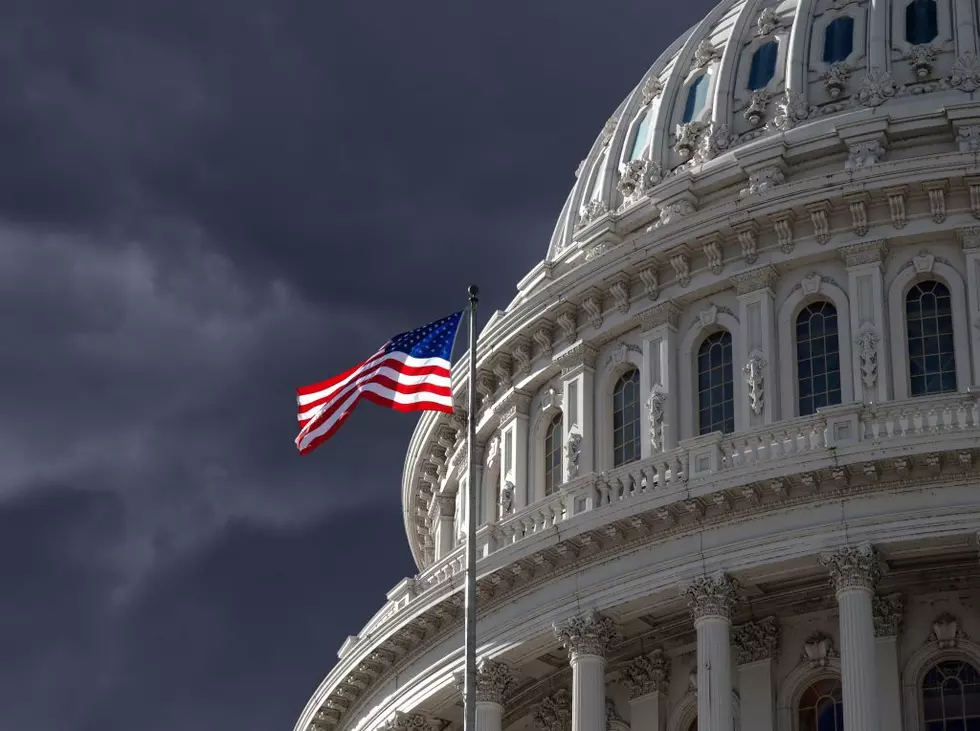
Salmonsen Does Not Believe New China Trade Deal Will Hurt U.S. Ag
Will U.S. farmers be hurt by the world’s largest trade deal led by China and recently signed by 14 other Asian countries?
American Farm Bureau trade adviser Dave Salmonsen believes American agriculture already benefits from deals with most of the Asian nations involved in the Regional Comprehensive Economic Partnership. He noted the RCEP, and the 11-nation Trans-Pacific Partnership [TPP] that the U.S. pulled out of in 2018, would lower tariffs in a sprawling new trade region, boosting trade among members by some $428 billion.
“The U.S. has trade agreements with several of the members of the new RCEP. You look at Japan, China, South Korea, Australia, main members of the RCEP, the U.S. has trade agreements with them.”
And when it comes to tariff disadvantages inside RCEP and the reconstituted TPP.
“All the countries I mentioned, including South Korea, we already have preferential tariff relationships with. See, the RCEP has not yet published their tariff schedules. In fact, other than the announcement of the agreement, not much has come out in specifics. So, I guess that’ll have to wait until we can compare and see if we really are at a disadvantage anywhere.”
And RCEP isn’t expected to be ratified for possibly two years. Meantime, Salmonsen said a Biden Administration will have to confront decisions on TPP, RCEP, and more, despite the president-elect saying he’ll prioritize other concerns over entering trade deals.
“Most predominantly, is how to engage with China; continue the current policies, go in a different direction. For U.S. agriculture, we certainly want the Phase I agreement to continue; build on that. And, of course, we have a trade agreement with Japan.”
Salmonsen said “the business of trade goes on every day” and at some point, the new administration “will have to deal with all this.”
If you have a story idea for the PNW Ag Network, call (509) 547-1618, or e-mail gvaagen@cherrycreekmedia.com
More From PNW Ag Network









